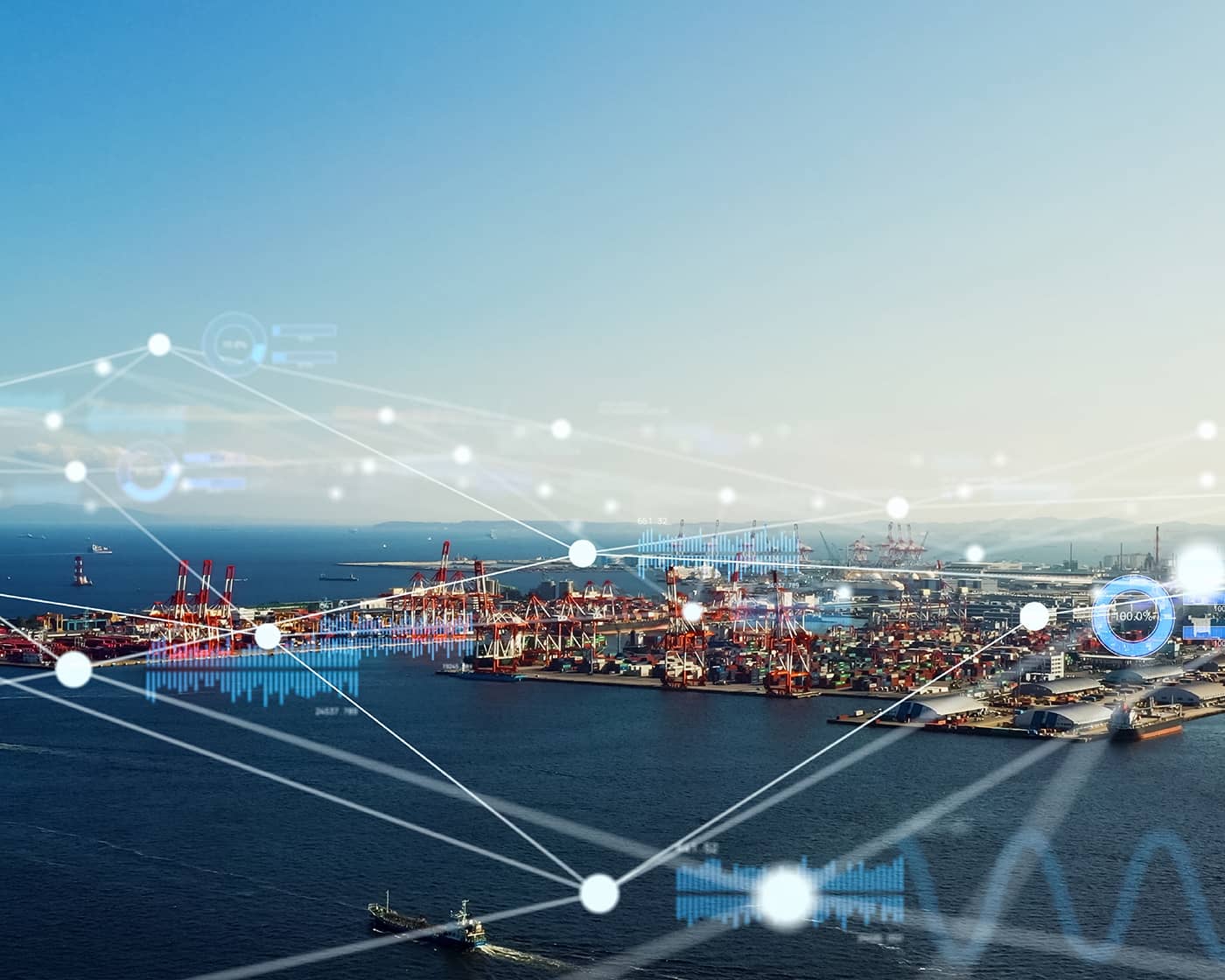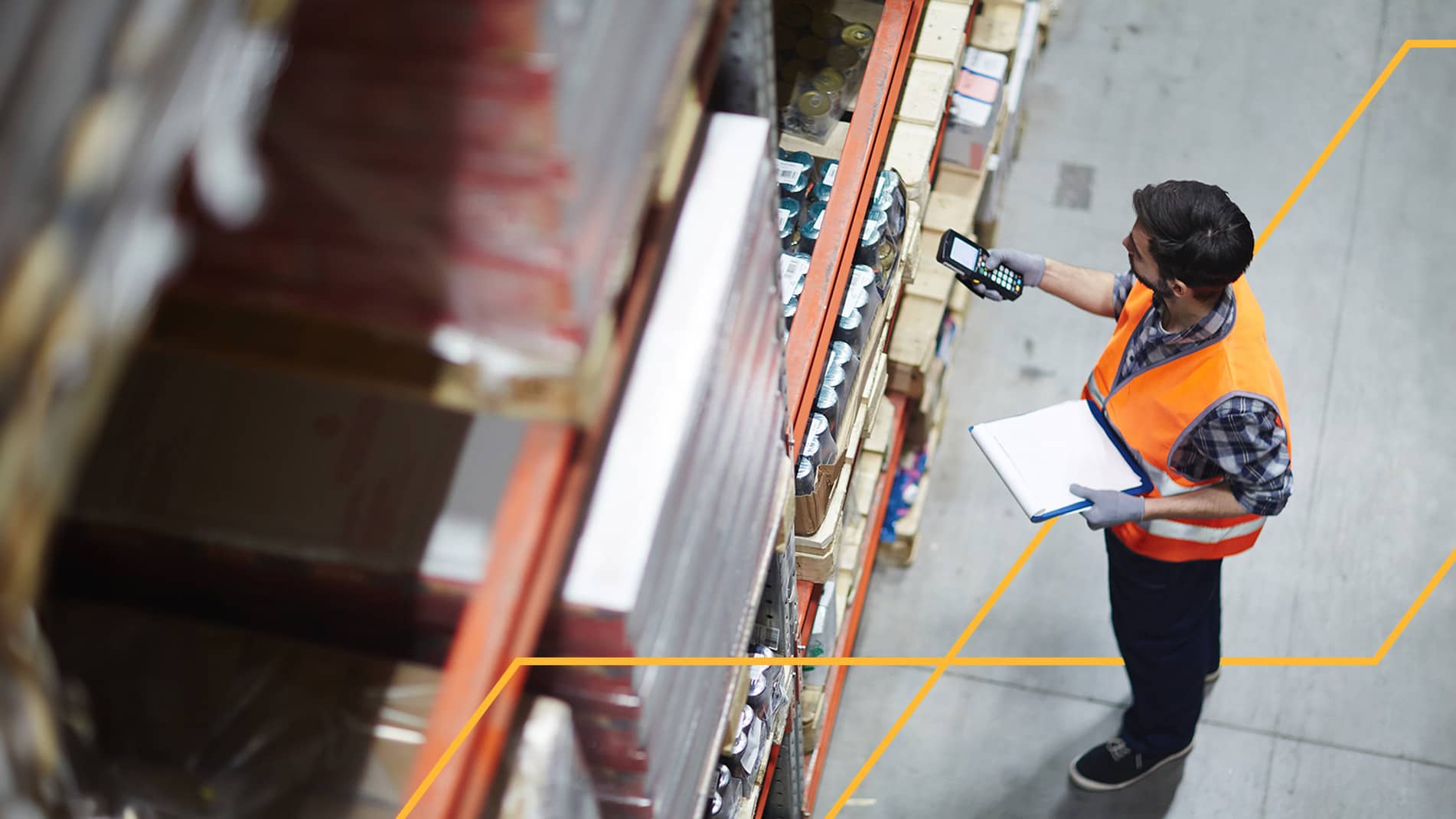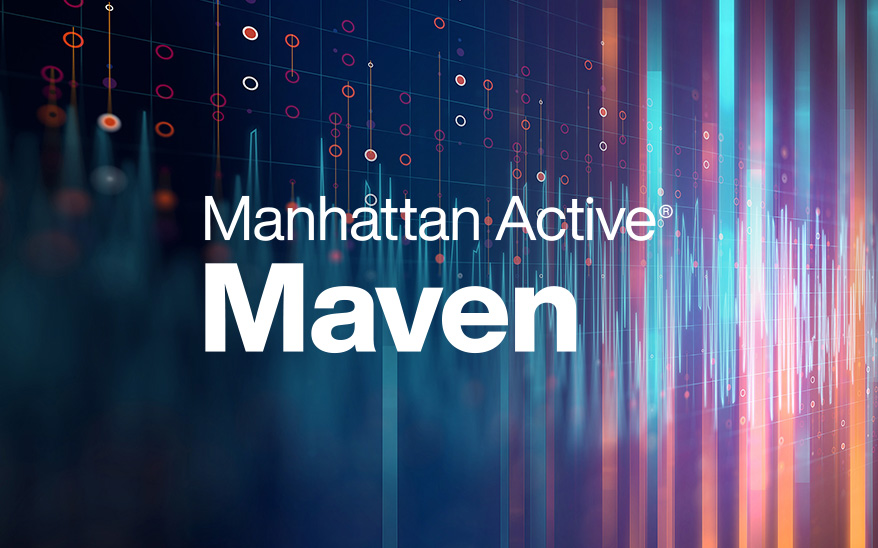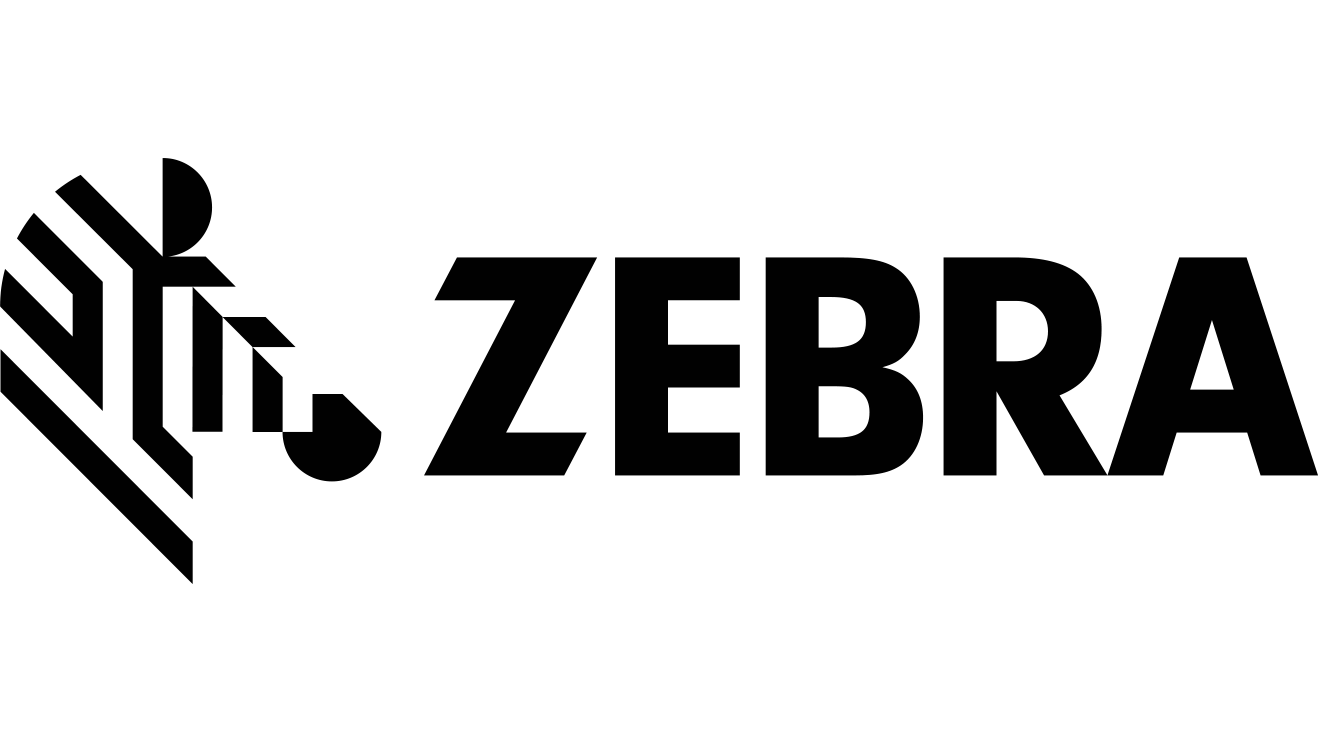Computational Intelligence
Manhattan Active® IQ enables optimal outcomes for your business with computational intelligence technologies and techniques resulting from over three decades of experience.
Contact Us
Computational Intelligence for Manhattan Active® Platform

Calculated Monitoring
Continuous algorithmic monitoring of engines, models, and other systemic behavior.
Learned Operational Enhancements
Autonomous online sensing, learning, and reacting with optimal responses to variances in operational dynamics.
Anomaly Removals
Seamless processing of massive amounts of data — from near real-time streaming to batch in search of drifts — breaks any anomalies in data characteristics, distributions, and expected performance.

Smarter Solves
A probabilistic and analytical mechanism used to evaluate and make optimal choices based on available information, experimentation, and insights from prior decision analysis.
What-if Simulations
What-if analysis and simulation of upstream actions and downstream responses enables systems to automate optimal choice selection.
Strategic Decision-Making
A systemic, quantitative, and often visual approach to making both tactical and strategic business decisions under conditions of uncertainty.

Applied Mathematical Methods
Uses scientific mathematical methods that optimally extract knowledge and develop insights from data to help make informed decisions and build predictive models.
Advanced Analytics
Provides descriptive, predictive, and prescriptive analytical capabilities to characterize data, forecast future events, make recommendations, and determine which choices should be made.
Statistical Predictions and Learning
Unlocks the full power of statistical modeling, forecasting, natural language processing and machine learning.

Sophisticated Mathematical Models
Frames analytical tasks and complex business problems with sophisticated and rigorous mathematical models.
Real World Data Usage
Real world data is paired with mathematical models and solved by advanced technologies and algorithms to produce optimal outcomes.
Combinatorial Leveraging
Leverages combinatorial and continuous optimization, heuristics, and metaheuristics.
Omnichannel Commerce Intelligence
See how machine learning and algorithms contribute to our applied intelligence for Omnichannel Commerce solutions.
-
Adaptive Systems in Order Management
Fulfillment sourcing optimization uses adaptive algorithms to continuously prioritize fulfillment selection, minimize split shipments, maximize distressed inventory, and deliver the lowest total cost fulfillment plan for each order.
-
Data Science in Order Management
Machine learning improves predictive promising models for ship and delivery date estimation that considers backordered, on-hand and inbound inventories, protection levels, labor capacity, number of shipments, day of week, time of day, size of order, backlog in store/location, service level, carrier, and in-transit merge routes.
-
Optimization in Promotions and Store Systems
Numerous optimization algorithms and mathematical models enable promotional recommendations, in-store task assignment matching, and more.
Supply Chain Planning Intelligence
Below are examples of applied intelligence across Manhattan inventory solutions like allocation, demand forecasting, replenishment, and planning.
-
Adaptive Systems in Demand Forecasting
Continuous demand sensing, demand forecasting, and automated policy tuning leverages data science techniques and adaptive algorithms to reliably anticipate and respond to changes in demand, making it easier to place inventory in the correct place.
-
Decision Science in Inventory Planning
Evaluates numerous inventory optimization policies to research, experiment, and test network system impact before committing to a safety stock, order frequency, or forecast policy.
-
Data Science in Demand Forecasting
Machine learning and advanced statistical models identify the impact of business events on demand to optimize forecast models.
Supply Chain Execution Intelligence
Below are examples of applied intelligence across Manhattan supply chain execution solutions like warehouse management, labor management, transportation management, and more.
-
Data Science in Labor Management
Machine learning delivers more accurate task time estimations based upon continuous analyzed results by resource, instead of static averaged standards.
-
Optimization in Transportation Management
Calculates a multitude of advanced algorithms and models for shipment planning optimization, procurement optimization, fleet optimization, and more.
-
Adaptive Systems in Warehouse Management
Adaptive work release algorithms that continuously re-evaluate and prioritize orders and allocations in response to real-time demand and predicted downstream impact.
Infusing GenAI into Supply Chain Commerce
The advent of generative artificial intelligence, or Gen AI, creates transformative possibilities for how we interact with our systems.

FAQs
Everything you wanted to know about computational intelligence.
Data science is a field that focuses on using data to gain insights and make informed decisions. It involves using a variety of techniques and tools to collect, analyze, and interpret data from various sources. Data scientists use statistical analysis, machine learning, and visualization techniques to extract meaning from data and communicate their findings to stakeholders.
Data science can help improve efficiency and effectiveness in the supply chain by allowing companies to use data and advanced analytical techniques to make informed, data-driven decisions.
Decision science is a field that focuses on the use of mathematical and statistical methods to understand and optimize decision-making processes. It involves developing models and tools to help individuals and organizations make better decisions based on data and analysis. Decision science often involves the use of operations research, economics, and psychology to understand how people and organizations make decisions, and to identify ways to improve those decision-making processes.
Decision science systems help improve efficiency and effectiveness in the supply chain by allowing companies to make informed, data-driven decisions that optimize resources and minimize risks.
Adaptive systems adjust their behavior or characteristics in response to changes in their environment or input. These systems are designed to adapt to new situations and changing conditions, allowing them to continue to function effectively even when faced with unexpected or unfamiliar circumstances.
Adaptive systems can help improve efficiency and effectiveness in the supply chain by allowing companies to respond quickly and effectively to changes in demand, resource availability, and other factors.
Optimization systems are systems that are designed to find the best or most efficient solution to a problem by maximizing or minimizing some objective function. These systems use a variety of techniques, such as mathematical programming and machine learning, to search for the optimal solution to a problem within a set of constraints.
Optimization systems can help improve efficiency and effectiveness in the supply chain by allowing companies to find the best solution to a wide range of optimization problems, such as demand forecasting, resource allocation, and transportation routing.
Artificial intelligence refers to the ability of a computer or machine to perform tasks that normally require human intelligence, such as understanding language, recognizing patterns, and making decisions. AI systems can be designed to mimic various aspects of human intelligence, such as learning, problem-solving, and decision-making.
Machine learning is a subset of artificial intelligence that involves the use of algorithms to automatically learn and improve from experience without being explicitly programmed. Machine learning algorithms are trained on a dataset, and they use this training data to make predictions or decisions. As they are exposed to more data, they can improve their performance over time.
Everything Works Better With Manhattan Solutions
Manhattan offers a complete breadth of solutions that when unified, provides total coverage for your supply chain commerce needs.

Warehouse Management
Control demand, supply, labor, and automation across your entire network with Manhattan Active® Warehouse Management.

Transportation Management
Manage every carrier, rate, route, and load with Manhattan Active® Transportation Management.

Order Management
Manhattan Active® Order Management provides stores with visibility into available inventory held anywhere, supporting endless aisle selling.
Strategic Partners
Technology partners that help Manhattan deliver the only cloud native, evergreen, and extensible supply chain commerce platform.
















